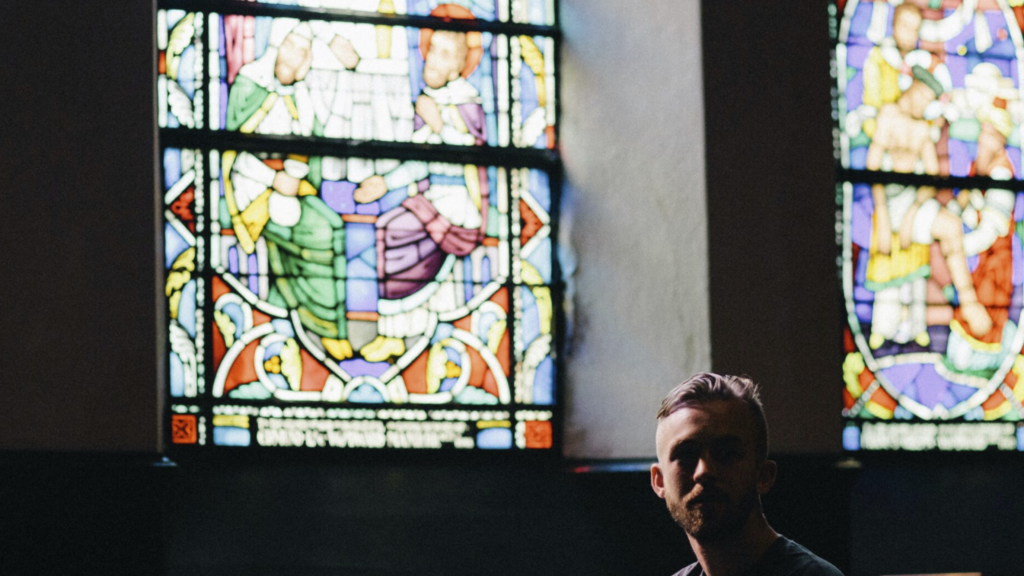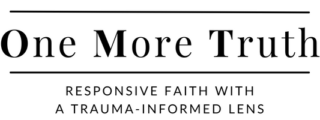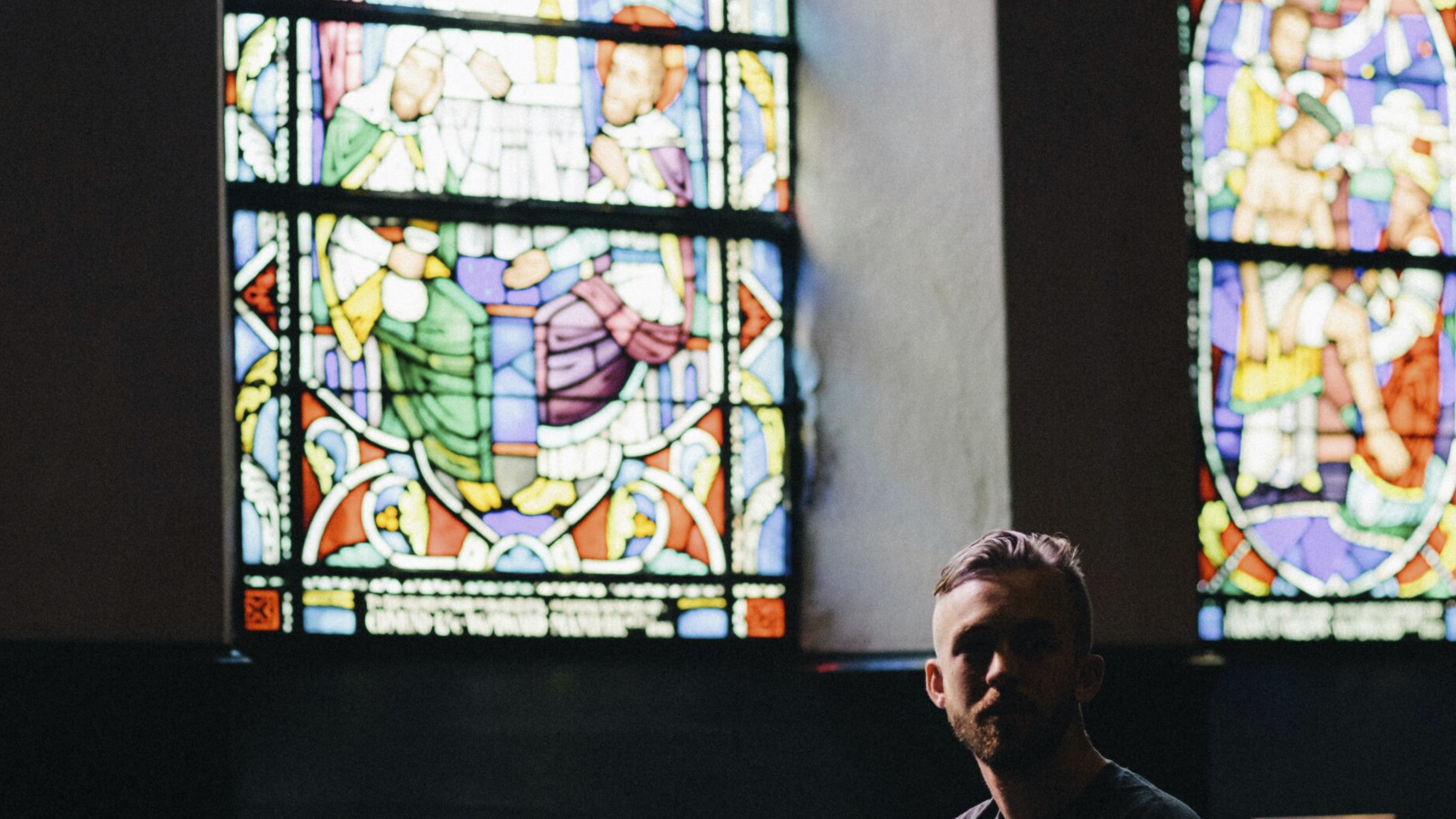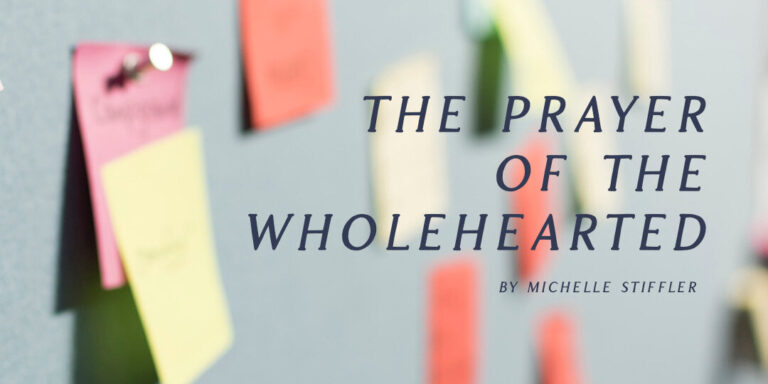How Can a Church Care for the Trauma-Afflicted?

The rate of opioid overdose in Maricopa County, Arizona, was exploding. So in 2018 Tracy Cruikshank, former director at the Maricopa County Department of Public Health, the third largest health department in the nation, began considering collaborative solutions within a large — and largely untapped — population: churches.
And why not churches? Nearly 2,000 faith organizations exist in Maricopa County alone. From a holistic perspective, faith organizations are already anchored to hope, flourishing, and transformation — the elements of any recovery or prevention program. Cruikshank knew that for an effort of this scale, faith organizations and government agencies would need to work interdependently. Not the first to encounter the challenge, she knew she would need help from someone connected to faith communities, someone who could inspire faith leaders to think beyond programs, conventional methods, and of course, the stigma of substance use.
Cruikshank enlisted the cooperation of Rev. Dr. Sanghoon Yoo, founder of the Faithful City, a social service ministry at Arizona State University, and founding board member of the Arizona ACEs (Adverse Childhood Experiences) Consortium. Yoo was passionate about trauma-informed care, an approach to care that understands trauma’s impact, recognizes its effects, and plans potential paths for recovery. A few pioneer faith organizations in Maricopa County were applying trauma-informed principles to their policies and service models. Yoo was instrumental in training and mentoring all of them.
With Yoo’s help, Cruikshank assessed the readiness of local churches for trauma sensitive work. Feedback from participating local church leaders highlighted two prominent themes: 1) They wanted prevention and recovery training for all substances, not just opioids, and 2) they wanted a reciprocal relationship of trust with government agencies — not as an ideal, but as a prerequisite.




